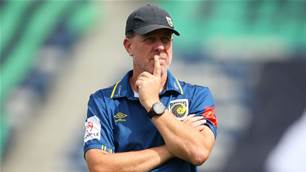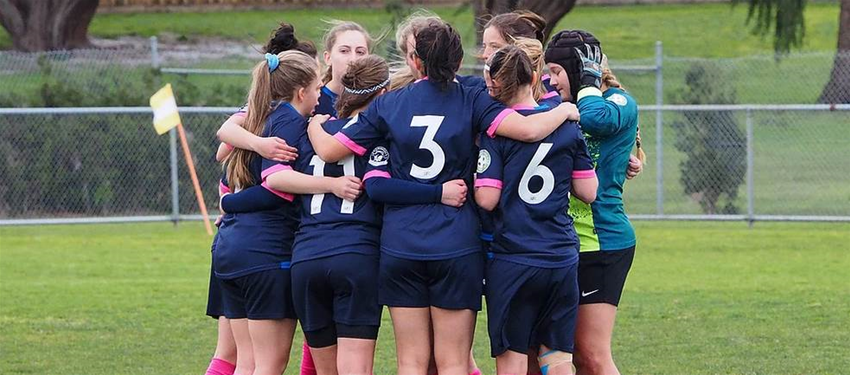As the dust settles on the news that Geelong Galaxy United and Southern United won’t have Football Victoria NPLW seniors in 2020, fingers inevitably are being pointed in all different directions.
There are other costs for using venues as well including running costs and so on, for a club to carry that burden on their own without sharing it with someone else is extremely hard.
Galaxy United have shared facilities with Surf Coast and Geelong SC in their four year existence. Whilst those relationships haven’t been perfect, it has been of some value to the club to at least share some costs. Sharing of revenue is a separate issue altogether but again, NPLW games don’t get huge crowds.
When we look at other costs that NPLW clubs incur, we get an understanding of how tough it really is. Coaches from seniors right down to under 12s have to have minimum qualifications. This costs money. Coaches aren’t going to do such a tough job for free. The better the coach the more the expense.
Referee fees are highly significant, for under 12s to seniors it costs up to $940 per home game.
As part of the licence agreements, clubs need to provide food for both matchday teams. When you add this to the cost of referee fees, that is already well over $1,000 each Saturday or Sunday.
How many clubs can generate that amount of money alone on their own from matchday canteen takings? This is without taking into account venue hire, coaches wages and of course the $11,000 licence fee that each club must fork out annually.
Palmer acknowledge that being a female only club makes it next to impossible to survive.
“Licence fees, licenced coaches and even the Gold Medal night…they all make being a stand alone NPLW club unachievable, pure and simple, ” she said.
It is not anyone’s fault that clubs can’t meet their financial demands. It’s simply a harsh reality of the world we live in. Everything costs money.
Clubs and parents can’t expect others to fork out for someone else’s daughter. This means parents are left to bare the brunt of the costs. Some simply can't afford it meaning talented young girls walk away from the game.
Palmer was straight to the point.
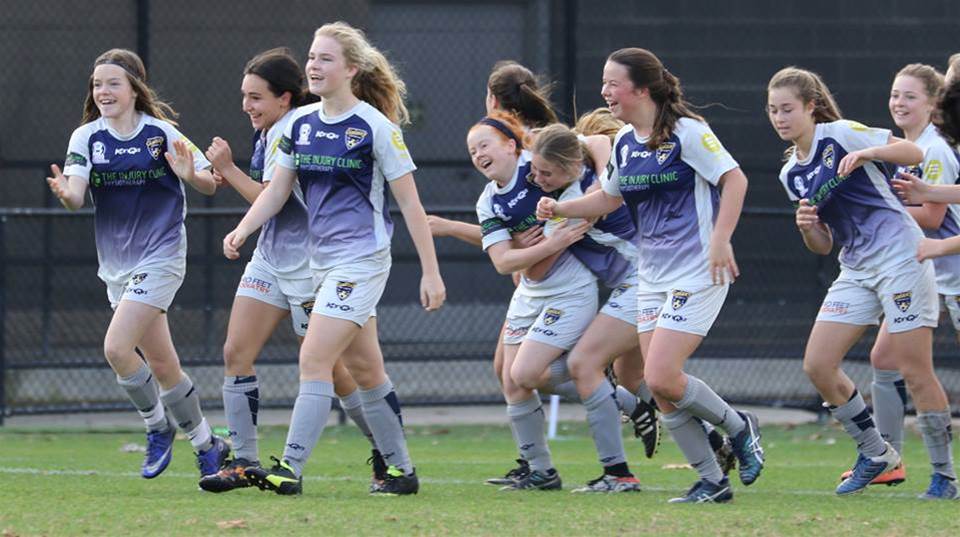
“It is inevitable some of these expenses do get passed on to the kids, yet FV somehow wants us to lower our fees. It is not possible from a club perspective,” she said.
So what is the answer? More than ever, NPLW clubs are asking questions as to what FV and FFA do with the millions of dollars in revenue they get each year.
The same is applied to governments, under pressure to invest more taxpayer’s money into women’s football.
But once again, is this a reliable revenue stream?
The emotional cost of these decisions is huge too, with the hopes and dreams of young female footballers hanging precariously in the balance.
The apparent current solution to this problem is for NPLW clubs to link strongly with their community base. They should form allegiances with community clubs and help attract fans.
Things like having Mini Roos escort players out onto the field or play games at halftime are a way to engage the local community and get them to attend NPLW games. Clubs like Galaxy United have done this in the past.
Once they come through the door, they can spend their money on food and merchandise.
There is an argument for better relationships between W League clubs and their local NPLW club. Since the NPLW is supposed to feed into the W League, it makes sense for a commercial partnership to exist. However, W League clubs have their own challenges as it is so this is not as easy to achieve as it sounds.
Another radical thought is to try and utilise the $11,000 licence fee by re-distributing it to clubs on a needs basis, this in particular helps smaller clubs like Southern and Galaxy. It will be like an equalisation tax.
This will level the playing field somewhat and means the licence money is actually re-invested back into female football, where it belongs.
Palmer was sceptical about this happening, saying,
"I highly doubt FV will ever share the $11,000 fee to anyone or any Club,” she said. “It just wont happen.
“You’ll have bigger clubs like South and Calder get upset because Southern can’t make their books balance, so they make up the shortfall.
“What we need to remember is that no club is supposed to pay players. Yet all the big clubs do and even the smaller ones when the right player comes along.
“This can never be equalised.”
Something needs to be done though, the future of female football is depending on it.
Related Articles
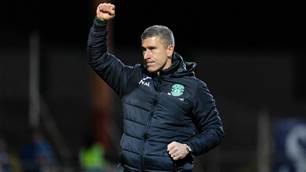
Champion A-League coach set to join Premier League giants
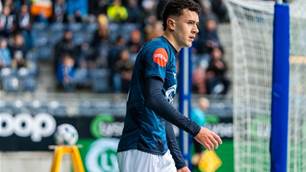
Emerging Socceroos star set to sign for MLS club
